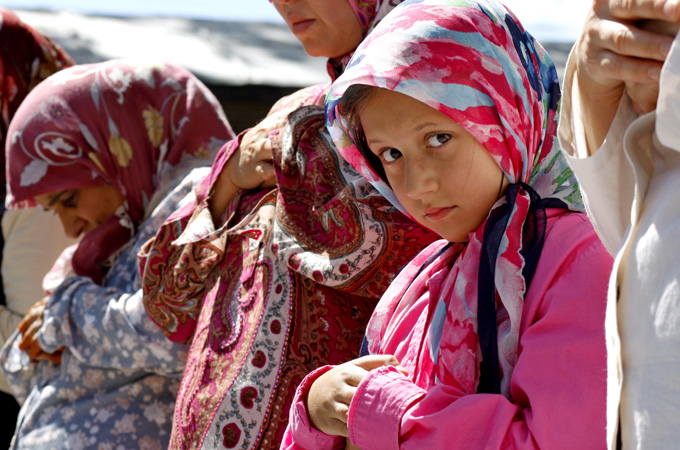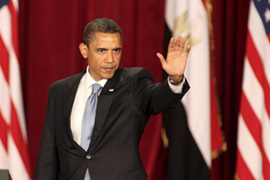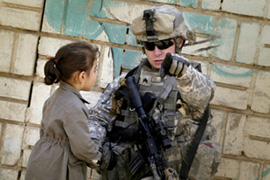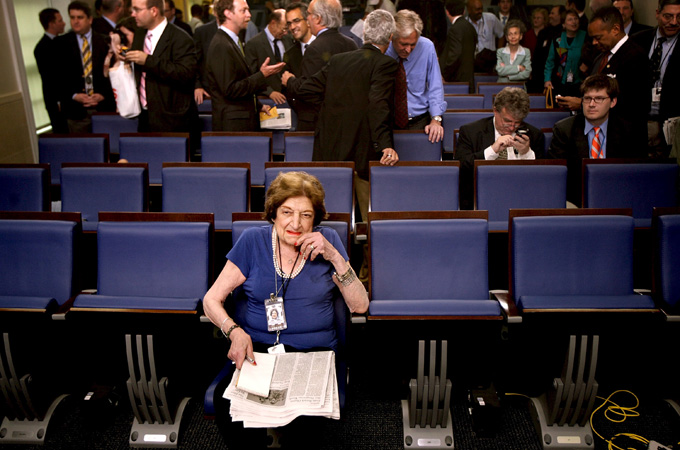MIER ups Malaysia GDP growth to 4,9% from 4.6%
http://broadcast.my/business/mier-ups-malaysia-gdp-growth-to-49-from-4-6/
KUALA LUMPUR (Jan 19): The Malaysian Institute of Economic Research (MIER) has revised upward, Malaysia’s gross domestic product (GDP) growth for 2011 to 4.9% from 4.6%, supported by an encouraging improvement in the previous quarter.
Its executive director, Dr Zakariah Abdul Rashid said on Thursday that strong domestic demand continued to be the main driver of growth for the local economy last year, despite global economic uncertainties.
However, it remains challenging moving forward for the domestic economy following the unfolding Euro zone debt crisis,
which is likely to hurt the region’s growth outlook and weigh down
exports of the European Union’s key trading partners, including China.
Speaking to reporters at MIER’s fourth quarter review here today, he
said all this would influence the near-term outlook of the Malaysian
economy.
“We can conclude that the fourth quarter 2011 real GDP growth
moderated both year-on-year and quarter-on-quarter, and that economic
growth will likely get bumpier in the months ahead,” he added.
MIER has also forecast this year’s GDP to be at 3.7 per cent as compared to that of the government at 5.0 per cent.
“When we look at the global economy and that of Asean, we expect that
2012 will not be a drastic turnaround. This year will not be better
than 2011 but not as bad as 2008-2009,” Zakariah said.
MIER, in its executive summary report, said that if the global economic situation did not deteriorate significantly on account of the Euro zone debt crisis, it is unlikely that the government would launch an economic stimulus package.
Besides that, dipping household sentiment and Bank Negara’s stricter
rules on lending, would likely cause loan growth to moderate further and
therefore impact private consumption growth.
MIER said this tightening of precautionary measures in an environment of continued ample liquidity, low interest rates and rising asset prices, is aimed at preventing households from over extending themselves.
On inflation, the think tank said that both consumer and producer
price inflation is expected to remain benign going forward, on
expectations of oil prices dipping and remaining below US$100 a barrel for at least the first half of 2012.
This is against a backdrop of diminished global growth and the possibility of a double-dip recession in the Euro zone.











